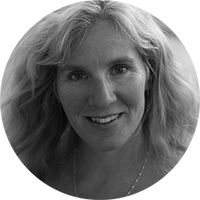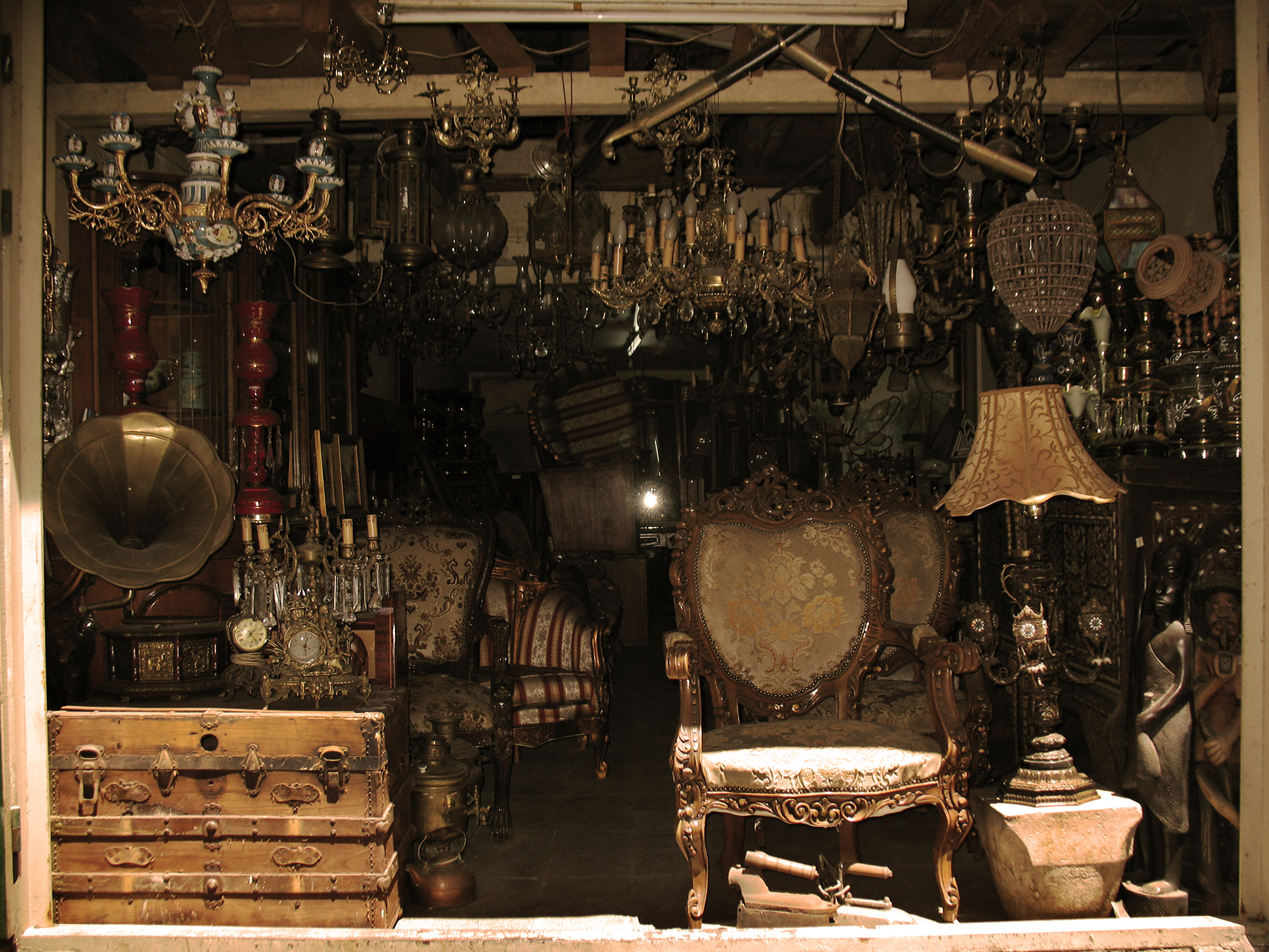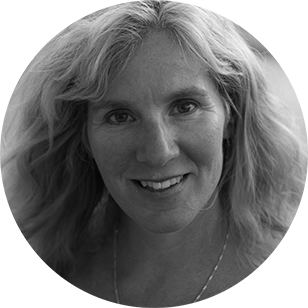How buying everything second-hand has improved my life
We vowed to stop buying new things. We had no idea how much we'd embrace the challenge.


A free daily email with the biggest news stories of the day – and the best features from TheWeek.com
You are now subscribed
Your newsletter sign-up was successful
After eight years of living in the tropics, we'd just come home to Vancouver. All of our possessions fit comfortably in the back of a pickup truck — and didn't include essentials like chairs or close-toed shoes. We needed some basics. But we were also really tight on funds, so buying everything new was out of the question. Plus, after spending years in developing countries where people get by with what they have, coming home to a consumer-driven culture made me queasier than traveler's tummy ever had. So, we turned to our local thrift shop, hoping to find a few gems. When the place turned out to be unexpectedly excellent, and after I'd exchanged our tired tropical duds for decent city attire (for a shockingly low price!), I started to wonder why anyone would shop new.
We live in a country where the average person throws out 81 pounds of clothing a year — and that doesn't include the things we send to charity shops. Add the household items that we no longer need when we move, downsize, remodel, or renovate and there's a whole lot of "stuff" out there with lots of life left. Once that really started to sink in, we set ourselves a challenge: Before buying anything new, first we'd try to find it used.
This is how I came to develop a new morning routine. Almost before my first sip of coffee, I open Craigslist for my city and scroll through the free offerings. One thing I quickly realized is that buying used (or finding it free) doesn't mean we have to settle for cheap, worn out goods that might make our place look like a charity shop. People are ditching some really great stuff, and some of the free items are even better than the ones that cost money.
The Week
Escape your echo chamber. Get the facts behind the news, plus analysis from multiple perspectives.

Sign up for The Week's Free Newsletters
From our morning news briefing to a weekly Good News Newsletter, get the best of The Week delivered directly to your inbox.
From our morning news briefing to a weekly Good News Newsletter, get the best of The Week delivered directly to your inbox.
The other thing I realized is that our place could still end up looking like that charity shop, simply because it's incredibly addictive to hunt down a good deal. We now have four desk chairs instead of the two we actually needed.
To prevent future impulse buys, I decided I needed a plan — so I checked in with a few Craigslist experts for hints about strategy and safety (look often, contact the owner immediately, and meet them in daylight, preferably in a public place with another person present), then we spent some time wandering through furniture stores and making design decisions. After we got home, we went from room to room and made a "need it now" list, along with a list of things we weren't desperate for, but would like to have. We outlined our preferences: style, color, size, and price. There's a thriving exchange happening with used furniture — items sometimes change hands a few times before settling into permanent homes — and we were hoping to choose wisely right off the bat.
Our wish list grew: floor lamps, dressers, desks, and bookshelves; recreation items like bikes and camping gear. But we did have some exceptions to our "no new stuff" rule: Because our city has had issues with bed bugs, we opted to stick with new mattresses and will only consider sofas and fabric chairs after doing more research. Even with hard furniture, we carefully inspect for signs of pests. A bug infestation is not something we want to pick up.
Now if I find something from our "need it now" list, I fire off a text, hoping to be the first to contact the owner. Being speedy has proven very effective: We picked up a loft bed for my daughter, a few too many desk chairs, and a cool kitchen table all for the cost of a bit of gas. Bikes, camping gear, dressers, and more all came in well under budget.
A free daily email with the biggest news stories of the day – and the best features from TheWeek.com
As far as tangible benefits go — we've saved literally thousands of dollars. I've also picked up a few older pieces that are so well made, we never would have been able to afford their new equivalent.
I have to admit, I don't actually like shopping that much, but outfitting our home this way combines the best elements of a scavenger hunt with the opportunity to explore our community and meet some really interesting people. Everything we've acquired has come with a story and a connection. We've also helped divert thousands of pounds of stuff from the landfill.
Saving money is excellent — but it's really the intangible rewards that have made this an adventure.
Diane Selkirk is a nomadic writer who's spent the past eight years sailing around the world with her family. Along the way she's written stories for publications including BBC Travel, National Geographic Travel, Conde Nast, and Cosmopolitan.
-
 How the FCC’s ‘equal time’ rule works
How the FCC’s ‘equal time’ rule worksIn the Spotlight The law is at the heart of the Colbert-CBS conflict
-
 What is the endgame in the DHS shutdown?
What is the endgame in the DHS shutdown?Today’s Big Question Democrats want to rein in ICE’s immigration crackdown
-
 ‘Poor time management isn’t just an inconvenience’
‘Poor time management isn’t just an inconvenience’Instant Opinion Opinion, comment and editorials of the day
